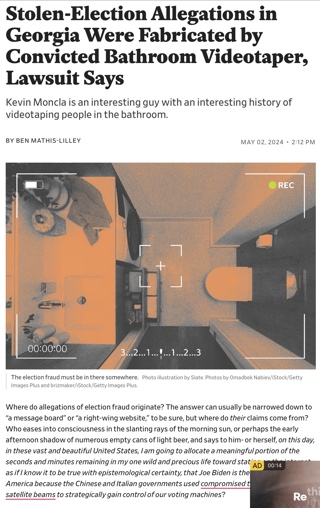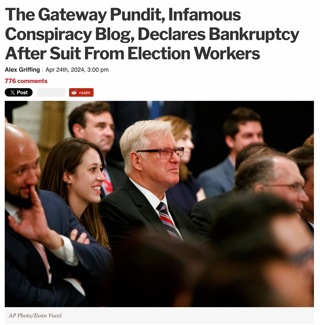Don’t Blame the 1% for America’s Pay Gap
Again and agin convenient talking points are just more misunderstanding of the situation.
It’s time to end the myth that the nation’s wealthy are getting rich off the backs of the poor. Instead let’s figure out what they’re doing right.
By Nina Easton, senior editor-at-large
FORTUNE — What if I told you that there was a group of hard-driving workaholics who tend to have advanced degrees and bring a level of talent and skill to their jobs that attracts premium pay in the global economy? Scholars have found that this group is more likely than much of the population to raise their children in two-parent homes.
The 1% club stands accused, accurately, of more than doubling its share of the nation’s income since 1980. By 2007 it controlled nearly 24% of total income, the second highest in history, after 1929. (In 2009 its share dropped to 17%, suggesting that recessions aren’t necessarily kind to the rich.)
Railing about the 1% club has become shorthand for expressing outrage not only over growing income disparity but also about the state of the nation’s working class. Wages of men without college diplomas, for example, have dropped by a whopping third over the past three decades.
That’s deeply troubling. Socially and politically, there are plenty of reasons to worry about the growing income gap. But rage against the 1% is misplaced. Income is not a zero-sum game: The rich aren’t getting wealthier at the expense of the poor. Harvard’s Lawrence Katz has calculated that even if all the gains of the top 1% were redistributed to the 99%, household incomes would go up by less than half of what they would if everyone had a college degree. In other words, the financial rewards of higher education are a big contributor to the income gap.












